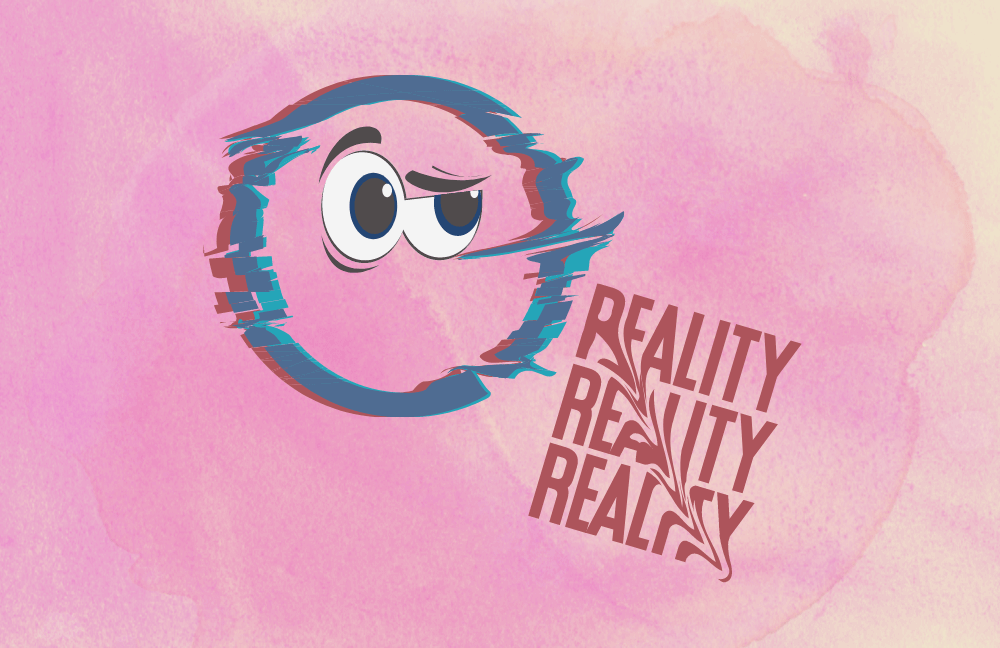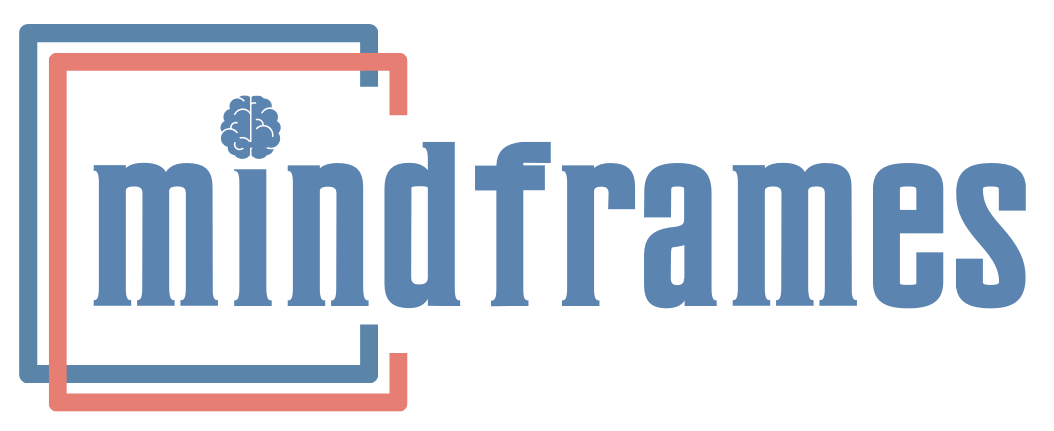Career Guidance Workshop
Career Choices
Work forms a third of our life. An average human being works 8 hours a day whereas most easily work more than that. When Robert Frost said in his poem: ‘Two Roads diverged into the deep woods and sad I could not take both’ he was expressing the difficulty one has in making choices and staying focused. One choice out of two is difficult enough; it gets even more weighty when children have a sea of choices to dive into.
Before they choose the right career, they must learn about themselves. Their values, interests, interpersonal and intrapersonal skills, as well as aptitudes; in addition to their personality type. Matching these helps select career paths that are a good fit versus seeming completely inappropriate and out of place.
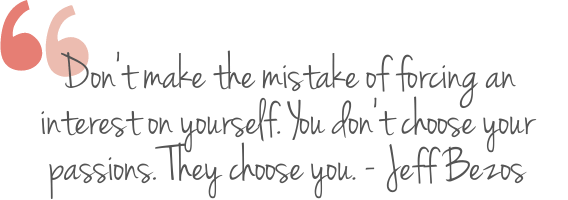
Is This What I Want?
Children who love cars may fantasize a career involving cars. These fancies can range from art (painting cars), mechanics (engineering cars), marketing (selling cars), mechanical design (designing cars) or simply loving or owning cars as a passion. Many children have described the decision-making process to be daunting. In their perpetual autonomy struggle, here is an ambivalent moment where they’re given the freedom to choose and yet, don’t know how to make an informed choice. Many teenagers get angry with the pressure while several feel confused, frustrated and disillusioned.
The first step to solving the career ambivalence crisis is to bridge the gap between where the child is and where he or she wants to be. Some dreams may remain dreams while many can be transformed into achievable realities. A systematic exploration of career values, professional interests, and life skills helps. This navigates education and work preferences to match with their goals. Career anxiety may be attributable to pressure from parents and teachers, as well as internalized pressure that children force on themselves. Be it a subject selection in senior school, a major after high school, graduate program, or job search; a systematic theory-based rational approach can help children and implement a methodical plan for a brighter career.
Predicting Career Success
- Differential Aptitude Testing
- Personality traits and styles
- Socio-emotive adjustment
- Anxiety and frustration levels
- Analytical performance IQ
- Multiple Intelligences
- Assertive communication
- Children’s innate preferences
- Parental preferences for kids
- Awareness about professions
- Guidance from professionals
Assuring Career Success
- Identifying ability v/s interest
- Building right personality traits
- Preparedness to work diligently
- Setting accomplishable goals
- Maintaining appropriate focus
- Balancing: Money vs. passion
- Withstanding all uncertainties
- Handling imminent frustrations
- Maintaining work life balance
- Readiness to make adjustments
- Building professional networks
Career Choice Is A Process
Children need to think about things they’ve dreamed of doing while growing up: tasks they enjoy, take pride in pride and feel accomplished about. It could be a dream to be a world-class chess player, fashion model, actor, food photographer, radio jockey, architect or cardiac surgeon (sometimes a couple of these may go together too).
Children must be taught how to introspect and reflect: Do they see themselves performing this one task every day for the rest of their life? Does it arouse excitement and bring a smile on their face? Do they have something new to offer to the world with their ideas? Most answers come when they ask themselves the right questions. Many children unfortunately get sucked, and stay stuck in their desire for money, recognition and fame. Engagement, purposefulness and meaningfulness from work become increasingly important with passing time.
Skills vs. Ability vs. Aptitude
Skills (if they do exist) are innate. Ability is the capacity to use that skill well; whereas aptitude is the knack to acquire a new proficiency and then use it to personal advantage. These three must not be conflated.
A nimble and graceful classical dancer may not essentially be excited if she’s asked to dance for a living. Likewise, chess, cricket, cooking, craft or singing. Some hobbies are good as pastimes. Every animal lover does not have the aptitude to be a vet. He or she could choose any career and continue to be involved in animal rescue or volunteering for an animal shelter every once in a while. Children must be passionate about what they do, but must also learn to distinguish hobbies from professions. That is when the landscape becomes less hazy and real focus on career becomes apparent.
Career Choices are About Self-Awareness
Identity formation in adolescence is rooted in meaningful choices. It could be gender identity (I am male or female), friendships (who I want in my life), sexual preferences (I am attracted to men versus women) as well as career (this is what I want to become). Lack of self-awareness leads to self-alienation. It’s what happens when children say with frustration – “I have no idea what I like, who I am, and what I want.”
Adolescents are lost midst choices of their friends, teachers, parents, relatives; and what they see in movies and on television. Some careers ‘look’ attractive. Some children speak of becoming successful plastic surgeons because they want to associate with elite and high-profile patients. But they’re unwilling to work for it. Others wish to fulfill the unrealized dream of a parent, but do not like what their parents may have picked for them. In this process children lose sight of their true calling. If it’s their camera, only they can adjust the focus to see their life’s vision and mission clearly.
Dr Shefali Batra: Reframing Career Choices
MindFrames career guidance tools created by Dr Shefali, assess hidden abilities, skills and desires. Not just aptitude, but personality, conflict handling style, social quotient, emotional acumen, multiple intelligences, core abilities, intellectual capacity, perfectionism style, assertiveness and other variables that influence career success. All such awareness can nudge adolescents towards more personalized goals. Individualized reports can be prepared for children and parents, and analytical findings are presented to the school authorities for their record.
Children are today’s future. They have an enormous capacity to transform the world for better or worse. We owe them the tools, infrastructure, training and guidance to be a potent force for virtue in society. All MindFrames workshops are educative, informative and evidence based in content; and yet informal, enjoyable and fun filled in their delivery.
We focus on the child’s core and hope to engender confident, self-reliant and resilient leaders of tomorrow. Connect with us to discuss the different workshop options and we can work together to enhance parent and teacher participation too, for holistic child development. We aim to empower teenagers to reform how they think about their career and explore newer ways of arriving at this important life decision.
For parents who are wishing to assist kids in their career choice, do complete this parental assessment to connect with us.
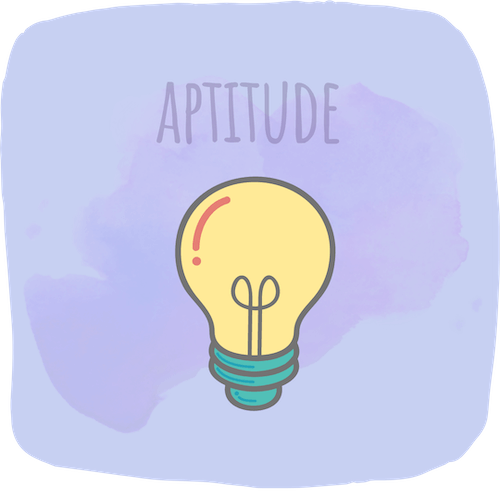
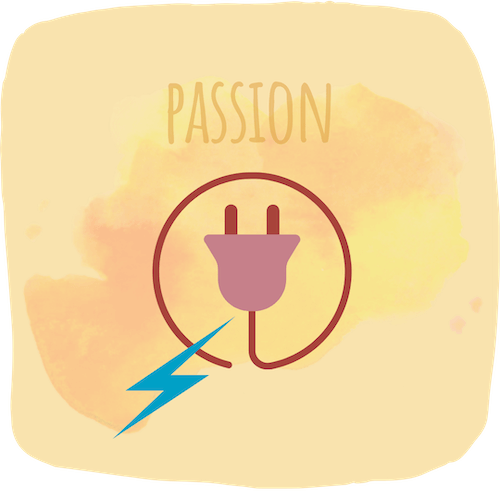
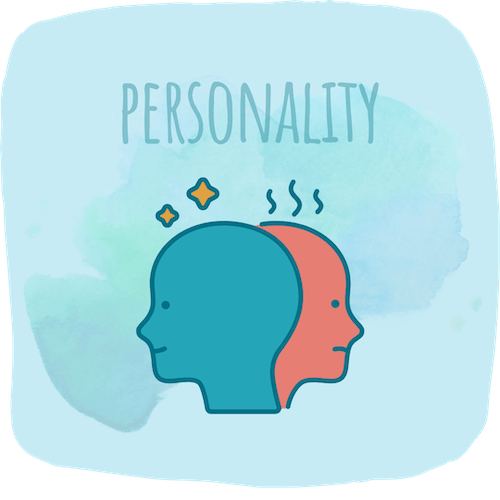
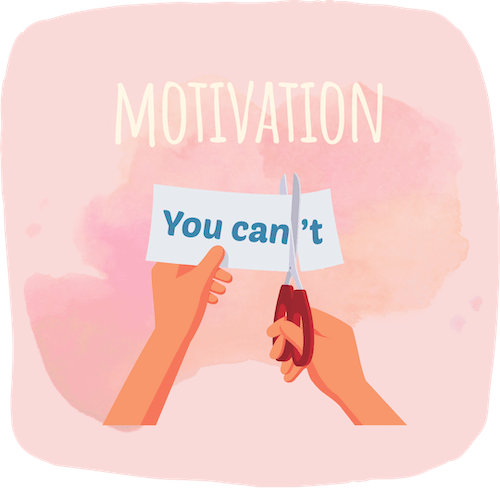
References
- Urquijo, I., Extremera, N., & Azanza, G. (2019). The Contribution of Emotional Intelligence to Career Success: Beyond Personality Traits. International journal of environmental research and public health, 16(23), 4809.
- Leutner, F., & Chamorro-Premuzic, T. (2018). Stronger Together: Personality, Intelligence and the Assessment of Career Potential. Journal of Intelligence, 6(4), 49.
- McMahon, M. (2017). Career counselling: Constructivist approaches (2nd ed.). Abingdon, UK: Routledge.
Latest Posts

7 Reasons Why You Should Seek Therapy

5 Ways To Deal With A Toxic Coworker
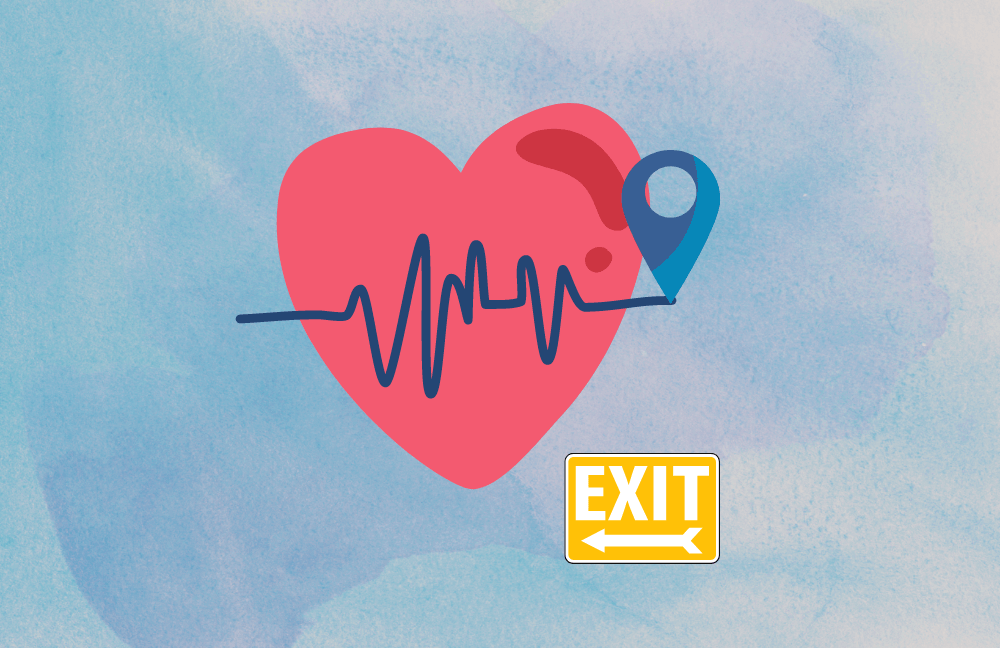
Journey: Why Is It Something No-one Talks About?

Money vs. Happiness: Who Is Winning the Desperate Race?
